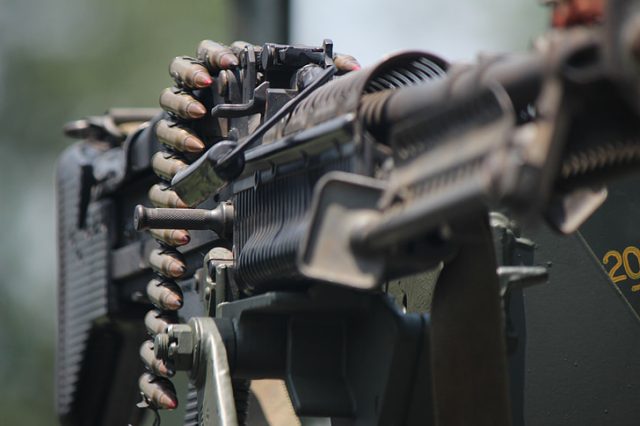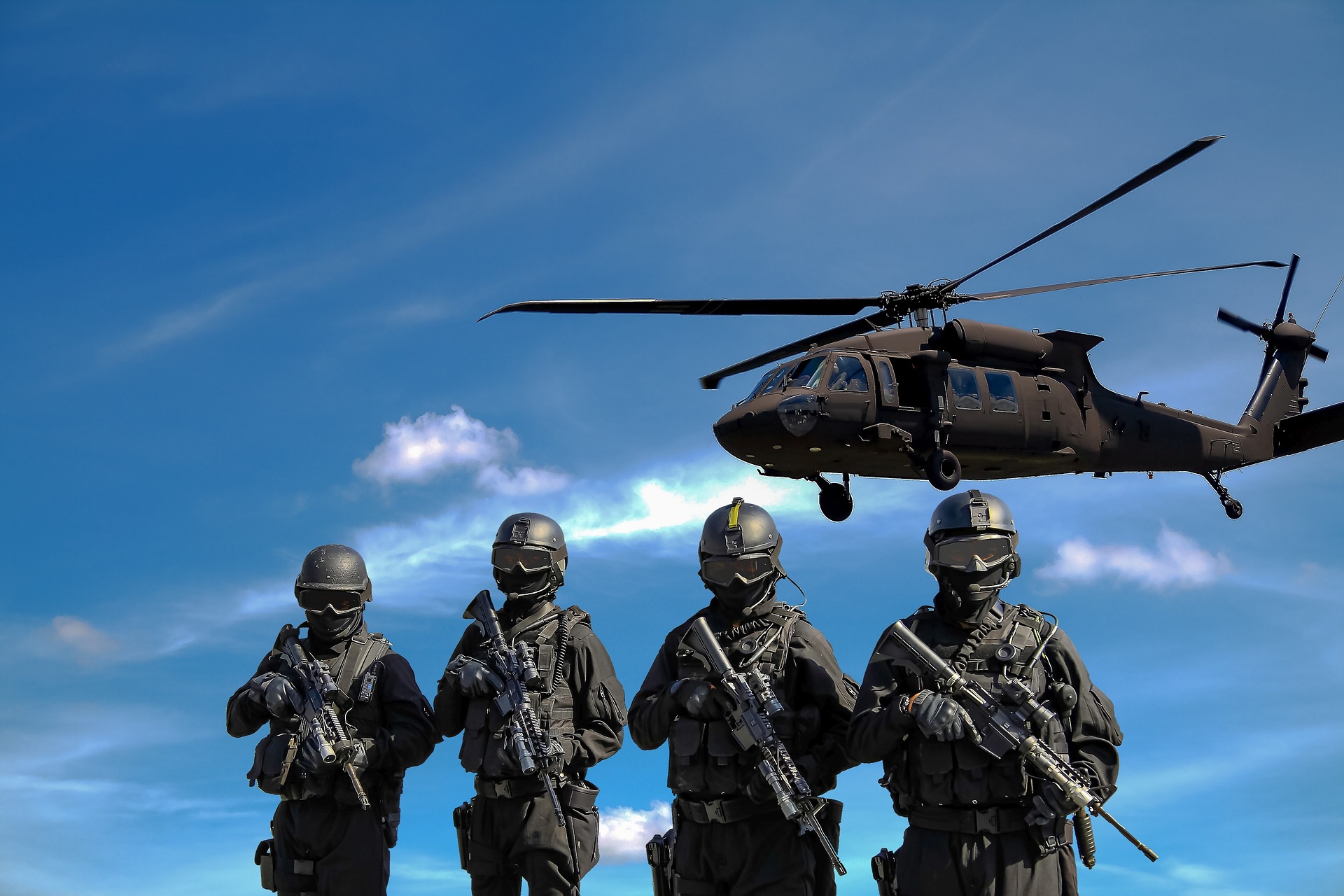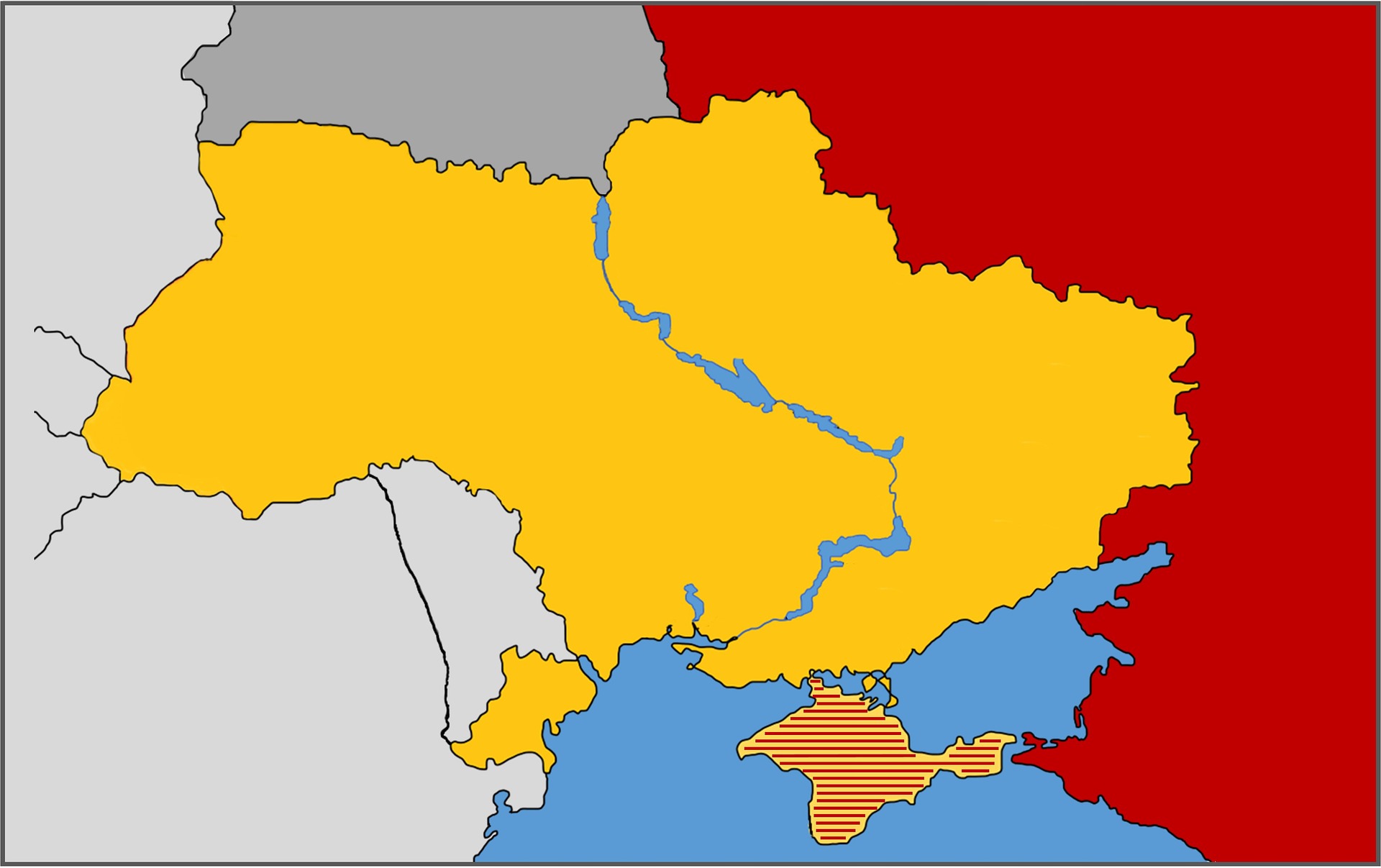
Ukraine’s rightful place is in NATO, but now we have to make sure Ukraine defeats Russia, NATO Secretary General Jens Stoltenberg said after the latest meeting of the Contact Group of countries supporting the Russian-invaded country. In other words, the formal invitation to join will probably be made only after the conflict with Russia is over, but until then Ukraine will continue to receive arms. All the while, Ukrainian President Volodimir Zelenski is increasingly demanding a roadmap, a timetable with clear deadlines for accession. Fifteen years have passed since the historic summit in Bucharest, when Ukraine, together with Georgia, received assurances for the first time that they would be invited to join in the future. But then, as now, there was no consensus among NATO members on the issue. The statement of principle by the alliance leaders sparked outrage from Moscow, which saw these expansion plans as “a direct threat” to its security. In response to NATO’s expansion intentions, four months later Russia invaded Georgia and subsequently annexed Crimea.
All allies agreed that Ukraine would become a member. If it does not remain independent and sovereign it is irrelevant to discuss membership
At the meeting at the US Air Base in Ramstein, Germany, the latest in a series of meetings of the support group for Ukraine invaded by Russia last February, Ukraine’s membership was not on the agenda for discussion. The focus was on supporting Ukraine’s air defence and the delivery of ammunition, and there was no discussion of Ukraine’s accession. However, the NATO Secretary General later stated that all alliance members agreed that Ukraine would become a member of the alliance.
“All NATO allies have agreed that Ukraine will become a member,” NATO Secretary General Jens Stoltenberg said ahead of Friday, the 21st of April, during the meeting in Ramstein of the Contact Group on Ukraine’s defence, attended by more than 50 states, including all NATO countries.
“President (Volodimir n.r.) Zelenski has a very clear expectation, we have discussed this” – said Stoltenberg, but for now the important thing is military support for the country facing more than a year of Russian invasion.
“If Ukraine does not remain a sovereign and independent country in Europe, it is irrelevant to talk about membership,” the NATO Secretary General said.
“(…) Ukraine needs security guarantees. Because nobody can say when and how this war will end. But what we do know is that when the war is over, we have to make sure that history does not repeat itself,” Stoltenberg continued.
Ukraine has received promises that the subject of membership will be raised at the NATO summit in Vilnius in July 2023, but these assurances do not seem to satisfy Kiev. In Kiev on his first visit to Ukraine since the outbreak of war, Stoltenberg invited President Volodimir Zelenski to the July NATO summit in Vilnius. NATO membership and strong security guarantees for Ukraine will be high on the summit’s agenda, the North Atlantic alliance secretary-general said.
According to sources quoted by Free Europe, Ukrainian officials have reportedly said they want the alliance to agree on a roadmap for membership as a condition for President Zelenski’s participation. Officially, President Zelenski has asked Stoltenberg for a timetable for NATO membership.
NATO must invite Ukraine to become a member and give it a timetable for membership, he said at a joint press conference with the secretary-general of the North Atlantic alliance.
“There is not a single objective barrier to the political decision to invite Ukraine into the alliance, and now, when the majority of people in NATO countries and the majority of Ukrainians support NATO membership, is the time for appropriate decisions,” the Ukrainian president added. Volodimir Zelenski also told journalists during Stoltenberg’s visit that he urged him to overcome the “reluctance” of some member states to provide modern warplanes, long-range weapons and artillery.
NATO Summit in Bucharest, 2008: Negotiations on inviting Ukraine and Georgia were the most “sensitive” topic
This year marks the 15th anniversary of the NATO Summit in Bucharest, when Alliance leaders agreed in principle to welcome Ukraine and Georgia. But neither has since received a roadmap. At the start of the Russian invasion, Kiev had agreed to give up ambitions to join NATO, but in September 2022, seven months into the war, it applied for emergency membership.
The NATO summit in Bucharest took place in April 2008 and was the biggest foreign policy event organised by Romania and the largest in NATO’s history, according to the MFA. 26 member states, 23 partner states, senior representatives of international organisations and states contributing to NATO operations in Afghanistan attended the summit.

The Bucharest summit was attended by Vladimir Putin, the first Russian president to visit Romania since 1990. The most sensitive topic of discussion at the time was the expansion of the North Atlantic Alliance, according to Agerpres. The most extensive negotiations concerned the possible invitation of Georgia and Ukraine to NATO, on which there was a deadlock, with no consensus among the allies. However, in a joint declaration signed by the heads of state and government attending the summit, Ukraine and Georgia were promised NATO membership.
“NATO welcomes the Euro-Atlantic aspirations of Ukraine and Georgia for NATO membership. We have agreed today that these countries will become members of NATO,” the alliance leaders said in the joint document.
The joint declaration signed by the heads of state present in Bucharest in 2008 provoked strong reactions from Russian President Vladimir Putin. He criticised NATO enlargement, which he said was taking place without taking Russia’s geopolitical and economic interests into account, and the US missile shield, according to DW.
“The continued expansion of NATO, the creation of new infrastructure in the new member states, the US missile shield are all issues that do not contribute to increasing trust between NATO and Russia. This image of a strong military bloc on our borders will be interpreted in Russia as a threat to our security. External assurances are not enough for us, such a security system is not based on promises,” Putin said in 2008.
It should be noted that the two countries have not received the MAP – Membership Action Plan, but “a period of intensive engagement has been launched with both countries, at high political level, to resolve outstanding issues regarding their candidatures” for MAP status.
Germany reiterated in 2008 and again in 2023 that it is too early for Ukraine to receive candidate status
The main opponent of Ukraine’s accession to NATO at that time was Germany. The Chancellor at the time, Angela Merkel, reiterated her country’s opposition to the participation of the two former Soviet republics in the NATO Membership Action Plan (MAP).
The former German Chancellor said immediately after her arrival in Bucharest that it was too early for Ukraine and Georgia to be granted NATO candidate status, despite US support.
“We have come to the conclusion that it is still too early to grant MAP status to these two countries,” Angela Merkel said in 2008.
But Merkel stressed at the time that Germany’s opposition was neither principled nor definitive.
“The doors remain open. We see a prospect of accession. We want to help the two countries move closer to the Accession Action Plan,” she added.
As in 2008, Germany, a key member of the North Atlantic Alliance, is still opposed to a fast-track MAP process for Ukraine. Berlin has warned against an “emotional” decision on Ukraine’s admission, despite the fact that the position is in line with the alliance’s “open door” policy.
German Defence Minister Boris Pistorius said in a debate on German public television that “the door is ajar, but this is not the time to decide now”. Pistorius said that the decision on Ukraine’s accession to the alliance could not be taken out of solidarity alone, but “with a cool head and a warm heart. Not the other way around”.
The Membership Action Plan (MAP) is the main tool for preparing for membership. Through it, NATO provides the candidate state with advice, assistance and practical support in preparing for membership, according to jointly agreed needs. In practice, the MAP is a process of annual assessment of the candidate state’s preparation and reform efforts in the political, economic, defence, resource, security and legal fields, based on the plan submitted annually by the candidate and NATO’s analysis and suggestions. Participation in the MAP process does not automatically imply NATO membership. It is conditional on the fulfilment of the membership criteria, and the decision to invite is political in nature and must meet the consensus of all Allies.

Currently, three NATO partner states are aspiring to NATO membership – Bosnia and Herzegovina, Georgia and Ukraine, and Bosnia and Herzegovina is engaged in the MAP process since 2020. The NATO Summit from the 3rd-4th of September 2014 decided to launch the Substantial Package of Measures (SNGP) in support of Georgia and the Warsaw Summit in July 2016 adopted the Comprehensive Assistance Package (CAP) for Ukraine, both of which are regularly updated.
The Republic of North Macedonia became the 30th Ally on the 27th of March 2020, following the historic agreement between Athens and Skopje on the name of the state, which allowed NATO to formally invite the country to start NATO accession negotiations at the Brussels Summit from the 11th-12th of July 2018 (North Macedonia’s MAP process started in 1999). As a result, the country formally participated for the first time in the Allied Foreign Ministers’ meeting (held virtually) on the 2nd of April 2020.
Hungarian PM questions Stoltenberg’s statements
Hungarian Prime Minister Viktor Orban has reacted vehemently to NATO chief Jens Stoltenberg’s statement that all allies agree that Ukraine will become part of the alliance at some point and that Ukraine’s place is in NATO, BBC reported.
Orban tweeted a one-word message alongside an article with Stoltenberg’s statement. “What!” the Hungarian prime minister exclaimed, again questioning the possibility of Ukraine’s membership and denying Stoltenberg’s claim that “all allies agree to Ukraine’s membership at some point”.
Central and Eastern European states, including Romania, support Ukraine’s accession to NATO
President Klaus Iohannis tweeted a statement signed by him and the presidents of Central and Eastern European states, reiterating “support for Ukraine’s sovereignty and territorial integrity”. They are the presidents of the Czech Republic, Estonia, Lithuania, Northern Macedonia, Montenegro, Poland and Slovakia, the presidential administration reports.
“We strongly support the decision of the 2008 NATO Summit in Bucharest on Ukraine’s future accession,” President Iohannis said.
“We support Ukraine in its defence against Russia’s invasion, we ask Russia to withdraw immediately from all occupied territories and we encourage all allied states to substantially increase their military aid to Ukraine. All those who commit crimes of aggression must be held accountable and brought to justice,” the document signed by the eight European presidents reads.



 Subscribe
Subscribe